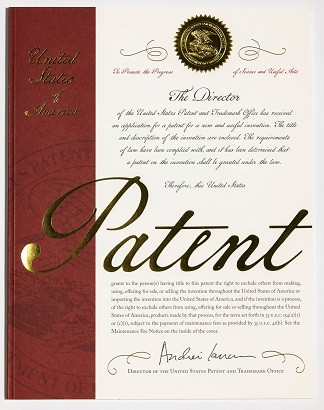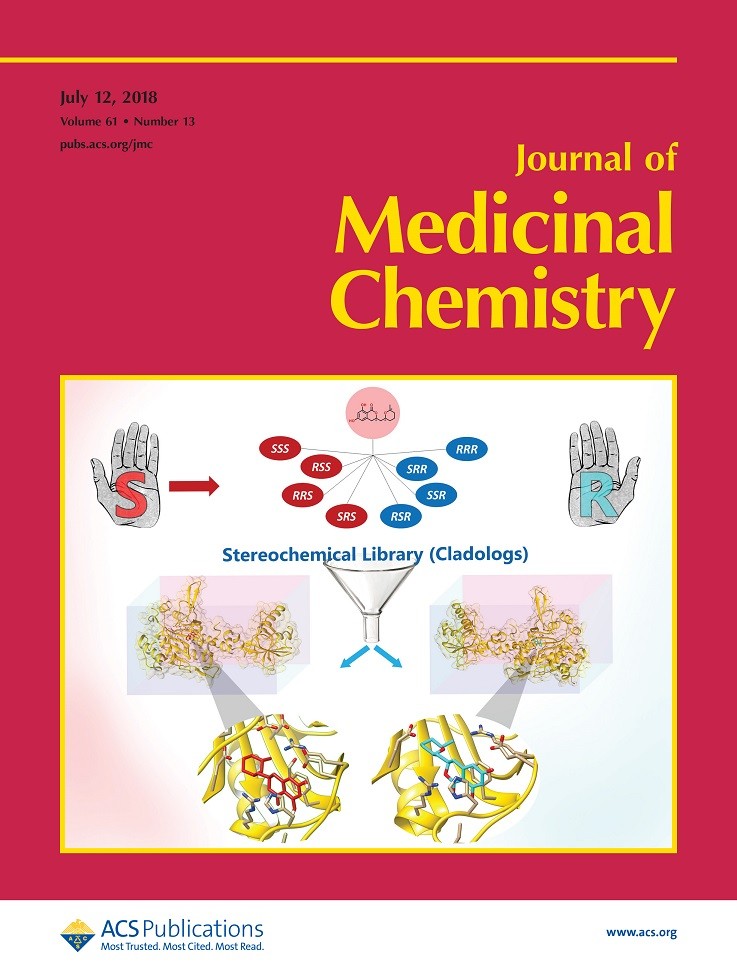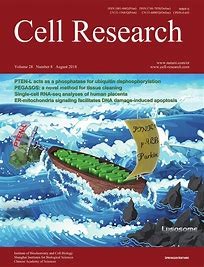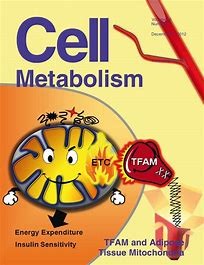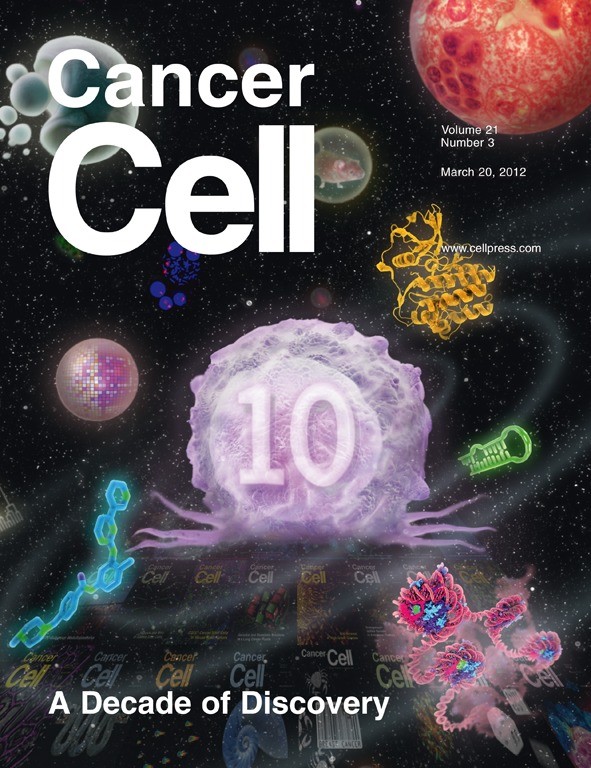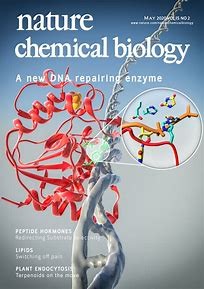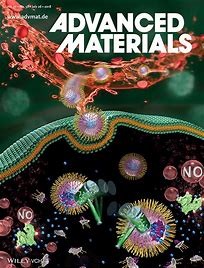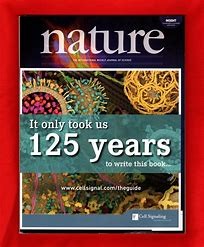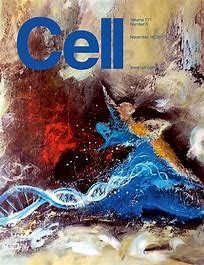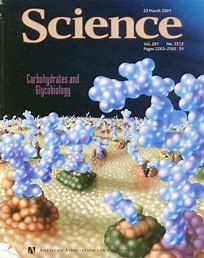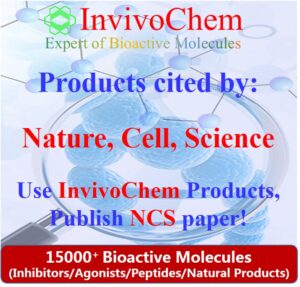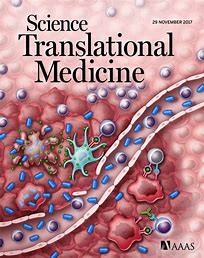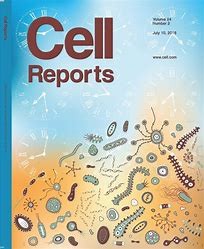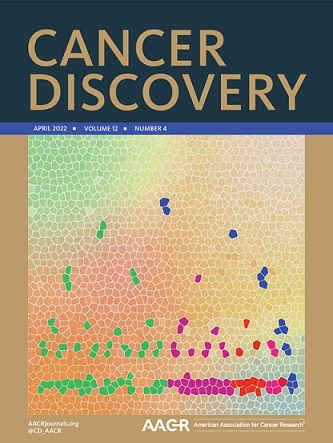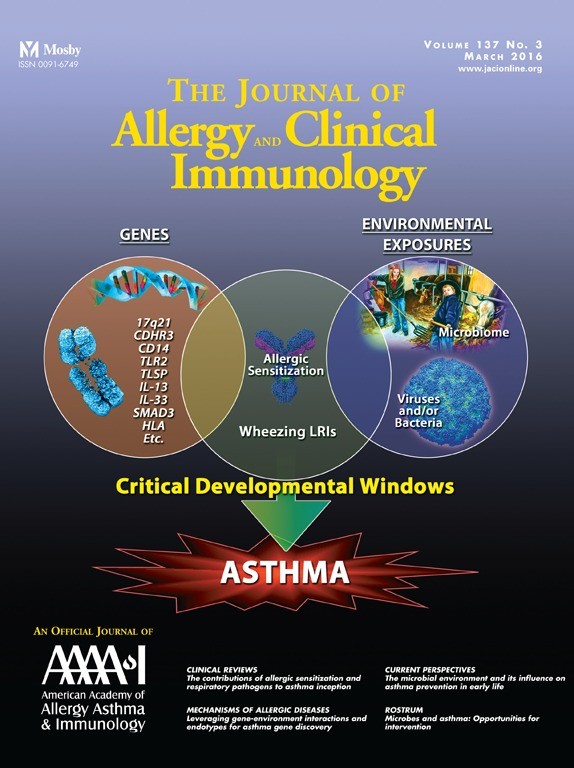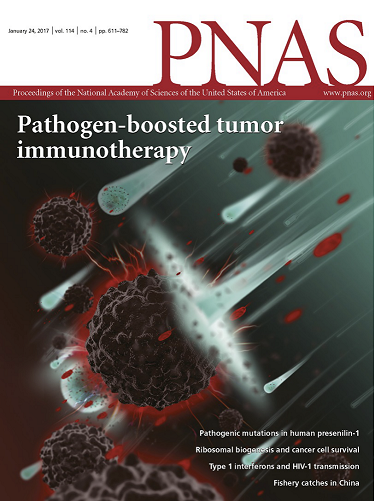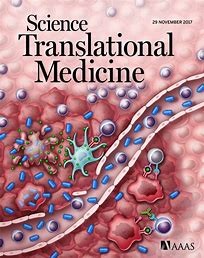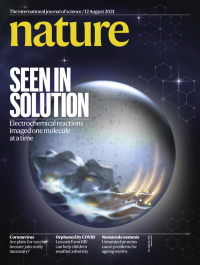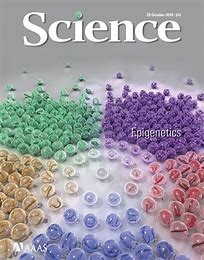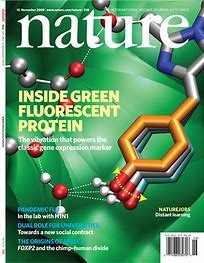TIC10 Analogue (ONC-201 isomer)
This product is for research use only, not for human use. We do not sell to patients.
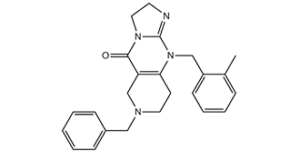
For small sizes, please check our retail website as below: www.invivochem.com
| Size | Price | Stock |
|---|---|---|
| 250mg | $810 | Check With Us |
| 500mg | $1110 | Check With Us |
| 1g | $1665 | Check With Us |
Cat #: V0168 CAS #: 41276-02-2 Purity ≥ 98%
Description: TIC10 Analogue (ONC201 isomer) is an analog/isomer of TIC10 and the 'inactive form' of TIC10.
Top Publications Citing Invivochem Products
Publications Citing InvivoChem Products
Product Promise

- Physicochemical and Storage Information
- Protocol
- Related Biological Data
- Stock Solution Preparation
- Quality Control Documentation
| Molecular Weight (MW) | 386.49 |
|---|---|
| Molecular Formula | C24H26N4O |
| CAS No. | 41276-02-2 |
| Storage | -20℃ for 3 years in powder formr |
| -80℃ for 2 years in solvent | |
| Solubility In Vitro | DMSO: 11 mg/mL (28.5 mM)r |
| Water: <1 mg/mLr | |
| Ethanol: <1 mg/mL | |
| SMILES Code | O=C1C(CN(CC2=CC=CC=C2)CC3)=C3N(CC4=CC=CC=C4C)C5=NCCN15 |
| Synonyms | ONC201 isomer; ONC 201 isomer; ONC201 isomer; TIC10 isomer; TIC 10 isomer; TIC10 isomer; |
| Protocol | In Vitro | TRAIL (TNF related apoptosis inducing ligand) is a cytokine that kills cancer cells but shows no toxicity against normal cells. TIC-10 (TRAIL inducing compound 10) (Compound 3a), is an anticancer drug first reported in a 1973 patent. The structure of TIC10 3a had been mis-assigned as TIC10 isomer (Compound 3b) in the initial patent. Subsequent synthesis of the originally reported structure by an alternate route shows TIC10 isomer (Compound 3b) does not possess the reported biological activity of inducing TRIAL expression. |
|---|
These protocols are for reference only. InvivoChem does not
independently validate these methods.
| Solvent volume to be added | Mass (the weight of a compound) | |||
|---|---|---|---|---|
| Mother liquor concentration | 1mg | 5mg | 10mg | 20mg |
| 1mM | 2.5874 mL | 12.9369 mL | 25.8739 mL | 51.7478 mL |
| 5mM | 0.5175 mL | 2.5874 mL | 5.1748 mL | 10.3496 mL |
| 10mM | 0.2587 mL | 1.2937 mL | 2.5874 mL | 5.1748 mL |
| 20mM | 0.1294 mL | 0.6468 mL | 1.2937 mL | 2.5874 mL |
| Quality Control Documentation |
|
|---|
The molarity calculator equation
Mass(g) = Concentration(mol/L) × Volume(L) × Molecular Weight(g/mol)
Mass
=
Concentration
×
Volume
×
Molecular Weight*
The dilution calculator equation
Concentration(start)
×
Volume(start)
=
Concentration(final)
×
Volume(final)
This equation is commonly abbreviated as: C1 V1 = C2 V2
Concentration(start)
C1
×
Volume(start)
V1
=
Concentration(final)
C2
×
Volume(final)
V2
Step One: Enter information below
Dosage mg/kg
Average weight of animals g
Dosing volume per animal µL
Number of animals
Step Two: Enter the in vivo formulation
%DMSO
+
%
+
%Tween 80
+
%ddH2O
Calculation Results:
Working concentration:
mg/ml;
Method for preparing DMSO master liquid:
mg
drug pre-dissolved in
µL
DMSO(Master liquid concentration
mg/mL)
,Please contact us first if the concentration exceeds the DMSO solubility of the batch of drug.
Method for preparing in vivo formulation:
Take
µL
DMSO master liquid, next add
µL
PEG300, mix and clarify, next add
µL
Tween 80,mix and clarify, next add
µL
ddH2O,mix and clarify.
Note:
- (1) Please be sure that the solution is clear before the addition of next solvent. Dissolution methods like vortex, ultrasound or warming and heat may be used to aid dissolving.
- (2) Be sure to add the solvent(s) in order.
